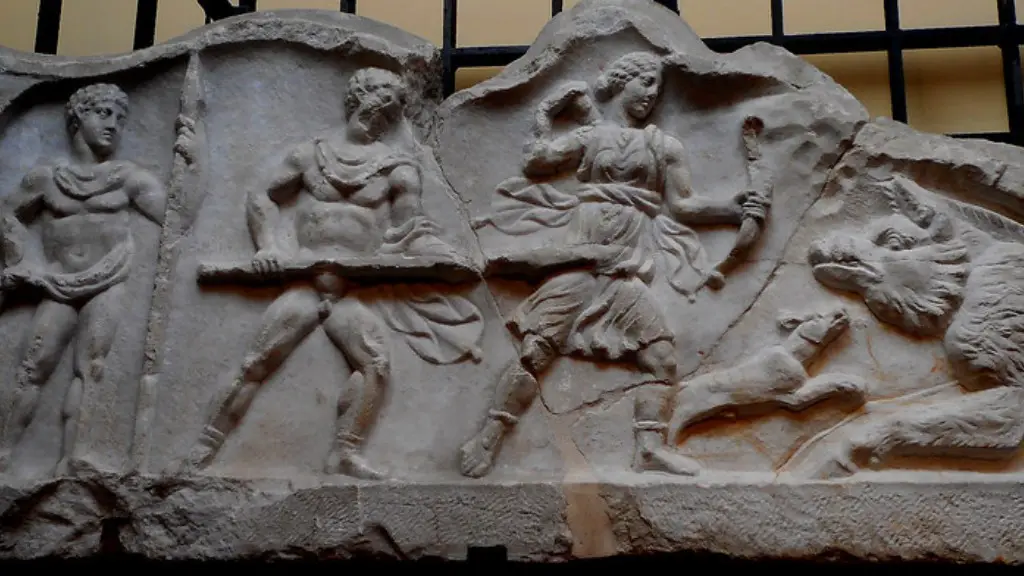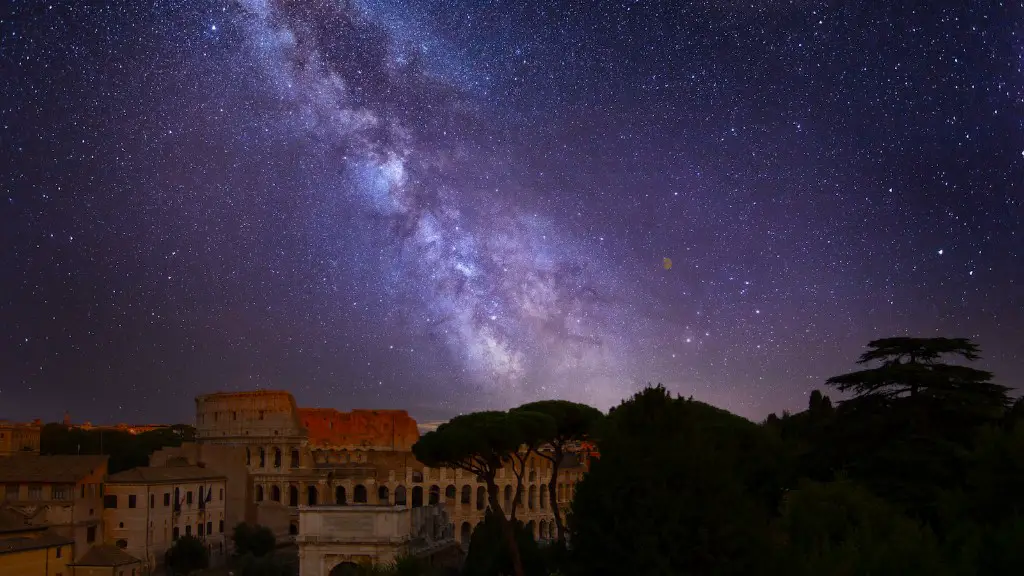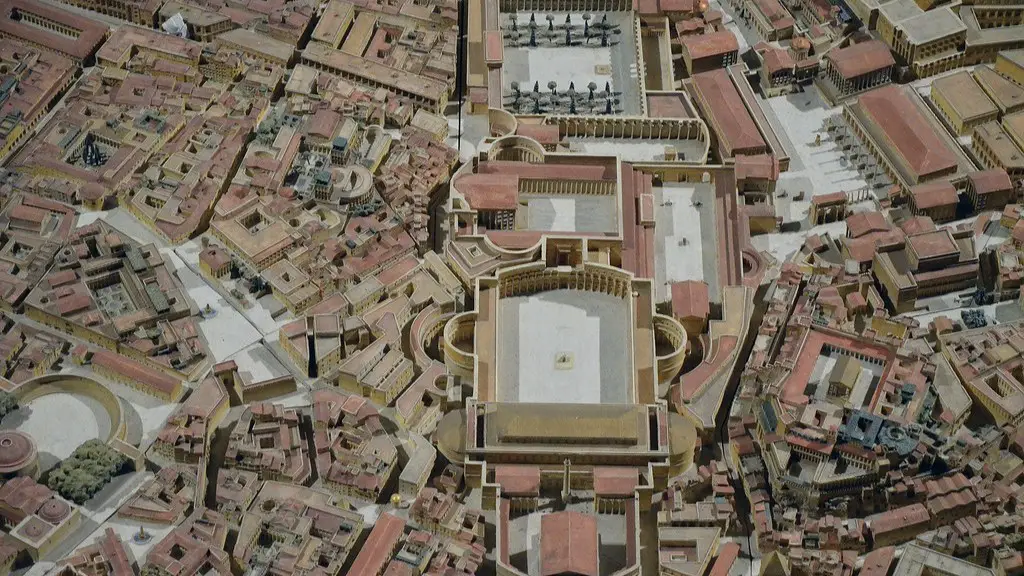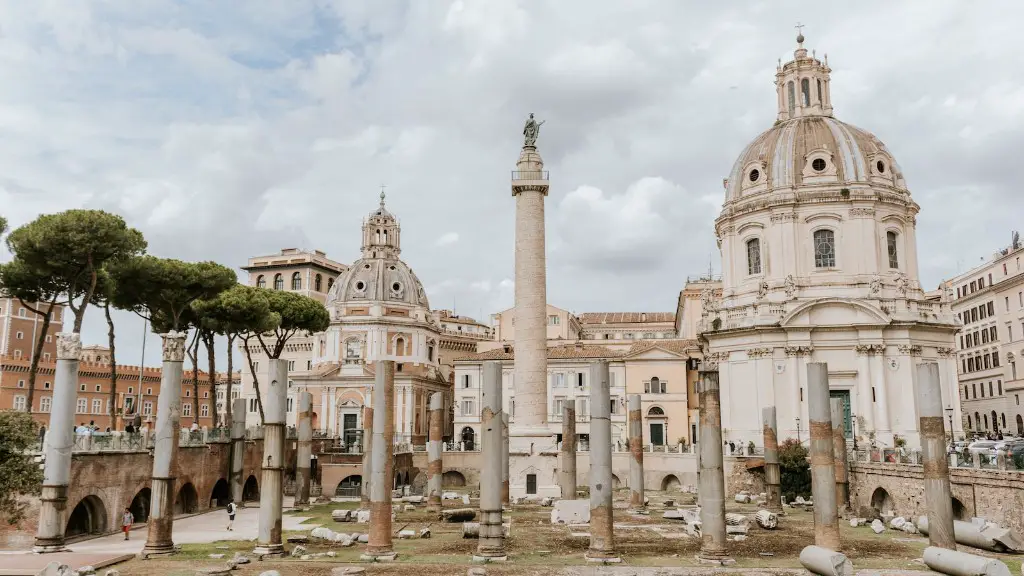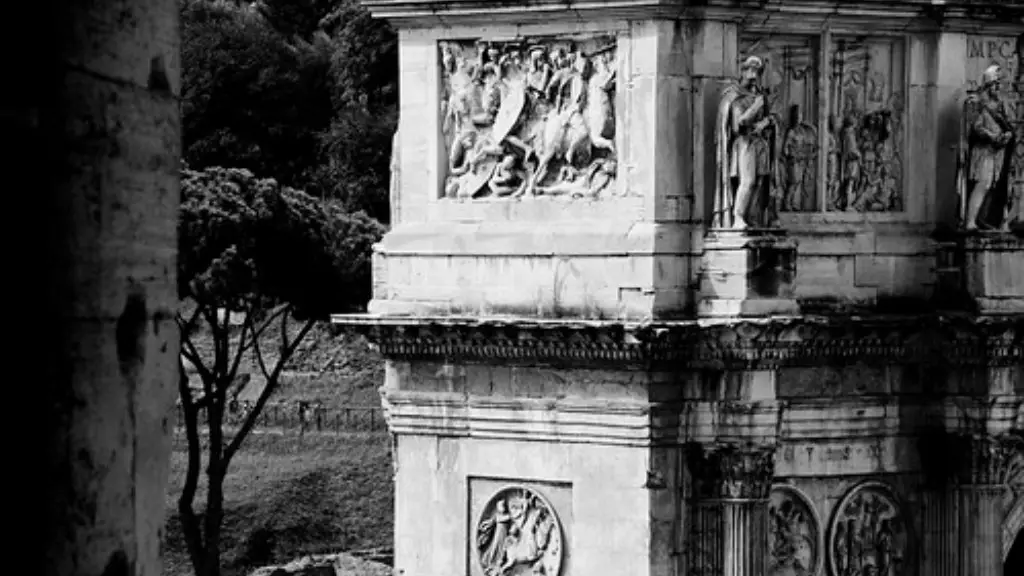When thinking about the times of Ancient Rome and Medieval Europe, the age difference of 800 years seems like a vast expanse of time and certainly that is the case. But remarkably, some of the most innovative advancements in science, technology, architecture, government, and even philosophy, were made in the Roman period. So why did the Ancient Roman world appear more advanced than Medieval times?
Firstly, let us look at the state of Europe during a typical Medieval period. Food production remained basic, as did means of communication, transportation, and healthcare. Life expectancy was much lower and most people were agrarian based, subsisting on what they could grow or hunt for. All towns, cities and even religious sites had limited access to technological advances, surviving with the most basic means of water, food and shelter. Religion was a core aspect of the day-to-day life with different sects, groups and churches vying for power and control.
In Ancient Rome, the minds of citizens were unencumbered by modern stressors and anxieties. Because of the strong religions of both Rome and Greece, they sought solutions to common problems and created theories and discoveries based upon logic and experimentation. This encouraged the Roman way of thinking, one that respected values and the importance of the greater good. Therefore Roman engineers and inventors created solutions that had far reaching consequences.
Rome can largely be credited with the more advanced aspects of its time including engineering, transit and road construction, a give and take form of government, advancements in sanitation, centralized heating, and military inventions. For example, The Roman aqueduct system was a revolutionary achievement in water management and engineering, which allowed them to ship fresh water in from distant sources and distribute it throughout the city. They also designed and created the first known public toilets, with sewers that discharged waste far away from residential areas, which helped tremendously with sanitation. In addition, the network of roads created by the Romans allowed for more efficient communication and transportation between towns and cities within the Roman Empire.
The Roman legal system was highly sophisticated, with records kept on all citizens, and established the first lawyers, judges and magistrates. This legal system had a democratic element to it, incorporating input from citizens, which largely shaped the government of later European empires.
In terms of social life and philosophy, Roman citizens were allowed much greater freedom of thought than those in Medieval Europe. Originally, Rome was a republic rather than an empire, with a focus on the care for its citizens and the welfare of the state. This was not about rule by fear, but rather about rule via intellect, a detailed approach to life and progress. Evidence of this is clearly seen in the writings of the major Roman intellectuals such as Cicero and Seneca – who based their works on the idea of personal freedom, development, and the need to strive towards an ideal society.
How Rome’s Economy Boosted Its Advancements
The Roman economy was far more organized and centralized compared to the Byzantine Empire or Medieval Europe, which had more localized forms of trade and self-sufficiency. Because of the diversity of the empire, with different cultures, products and ideas colliding, there was a great deal of artistic innovation, exploration and experimentation. As a result, Roman life flourished and achievements reached an unprecedented level.
The vast amounts of imported goods and technology from foreign lands for trade and use, further broadened their horizons, meaning a higher level of innovation was possible and that resources were widely available for research and technology, including for the construction of the Colosseum and the numerous aqueducts.
The complexity of the Roman Empire’s economy was unimaginable from Medieval Europe’s perspective. Credit and loan networks existed, in addition to property investment and international trading, resulting in a currency and public finance system, which was far ahead of their time.
The Roman Legacy
It is clear that the success of the Roman Empire, certainly in terms of the advancements made during its time, was based upon the intellectual and organizational capabilities of its citizens and the structure of the state.
As Rome began to crumble and eventually gave way to the Dark Ages of Europe, much of the knowledge and advances during this age was lost or forgotten. The Roman legacy included establishing the Catholic church as the mainstream religion, evolved languages and cultures from its many colonies, engineering achievments and architecture, a highly sophisticated legal system, and most significantly the basis for our system of government today.
Modern Action and Inspiration for the Future
Today, communities around the world find themselves facing issues such as global warming, famine, and extreme poverty. There are also long-term issues, such as obselete education systems, dehydration, malnutrition and the effects of climate change, which cannot be addressed overnight.
In order to develop meaningful and lasting social, political and technological solutions to these issues, society should look to the boldness and creativity of the Ancient Roman Empire. It was Rome’s values and approaches that helped bring positive, lasting change to hundreds of thousands of lives, and so the same could be done today if we look to the brilliance of Ancient Rome for inspiration.
Embracing Citizen Rights and Civil Liberties
The Ancient Romans had a much more inclusive approach to law and government compared to the Medieval era. Rights and liberties of citizens were recognized, incentivized, and celebrated. People had the right to vote and freedom of speech, in addition to legal protections.
This ideals of inclusion, governance and liberty, were met with great success in the Roman period, and these values can still be seen today, in multiple societies around the world. From common law to civil liberties, Ancient Rome gave us the basis for much of the way we live today.
Distinction Between Ancient Rome and Medieval England
Comparing Ancient Rome and Medieval England, it is impressive to note the many stark differences between the two societies. For instance, Rome was mainly focused on engineering, architecture, philosophy and democracy. Whereas the main areas of focus in Medieval England were largely the feudal system, the Church, and very little in the way of scientific advancement.
In addition, the Roman Empire embraced much greater freedom, created artistic works of beauty, and developed currency, laws, and standards of measurement, that we still use today. In comparison, Medieval England followed an almost exclusively religious agenda, where serf labour was the main source of advancement and productivity.
What We Could Learn From Ancient Rome
Ancient Rome’s achievements were incredible and remain relevant today, as well as serving as a source of inspiration for the generations to come. The Romans had a level of intelligence and creativity that we can still draw upon today, and their society was one that forced people to think outside of the box and focus on doing what was best for the greater good.
If modern society is to thrive, then combined with our current advances, we could further benefit from the values and principles that made Ancient Rome so successful – resulting in communities that are more resilient, focused, and educated.
